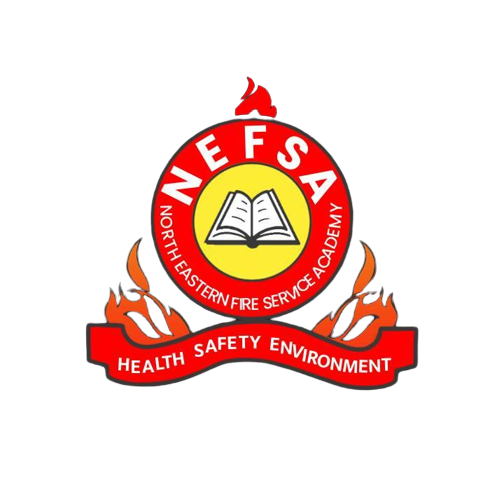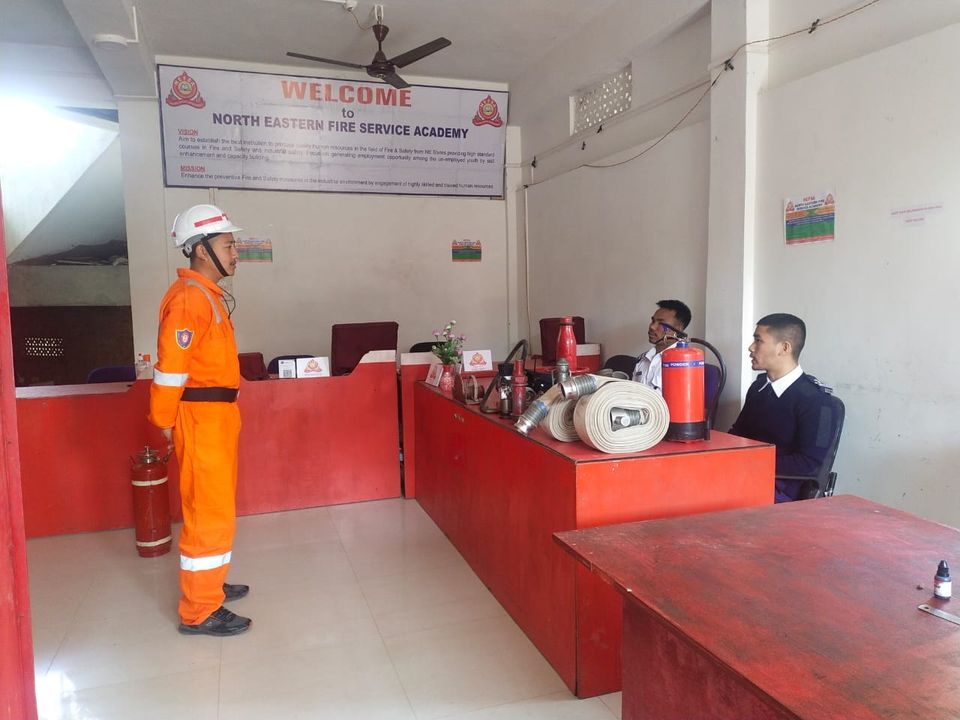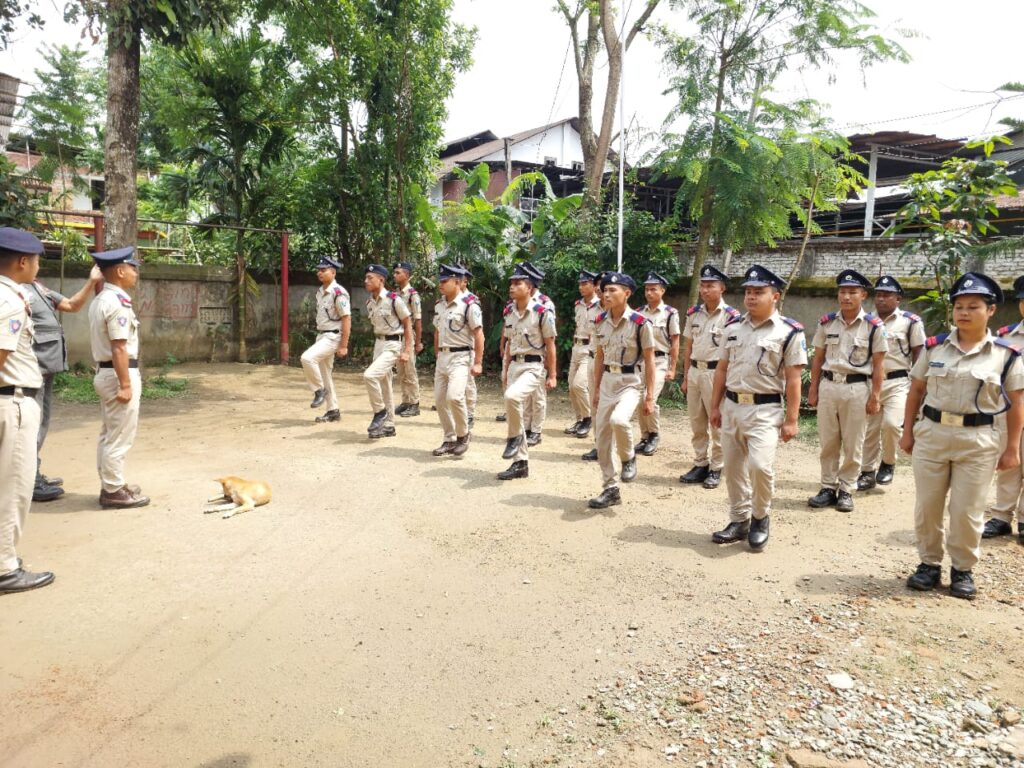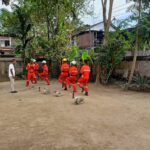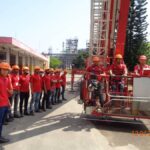Climate change is rapidly altering our planet’s weather patterns and posing new challenges for various industries, including
firefighting. In the Northeast region, these changes have significant implications for the way fire departments combat
wildfires, respond to extreme weather events, and mitigate the risks associated with climate-related emergencies. This
blog will explore the impact of climate change on firefighting in the Northeast and discuss the adaptation measures undertaken
by fire departments to tackle these evolving challenges.
The Changing Landscape of Wildfires:
With rising temperatures and prolonged droughts, the Northeast region has experienced an increase in the frequency and intensity of wildfires. Firefighters now face larger and more unpredictable fires that pose a threat to both urban and rural areas. This section will delve into the specific ways climate change has impacted wildfire behavior in the Northeast.
Extreme Weather Events and Emergency Response:
Climate change is responsible for an increase in extreme weather events such as hurricanes, severe storms, and heavy precipitation in the Northeast. These events can lead to flooding, landslides, and other emergencies that demand the immediate attention of firefighters. This section will explore the challenges faced by fire departments when responding to climate-related emergencies and how they have adapted their strategies and resources accordingly.
Infrastructure and Community Vulnerability:
Climate change also affects the vulnerability of infrastructure
and communities in the Northeast. Rising sea levels, coastal erosion, and increased risk of storm surges pose threats to critical infrastructure, including fire stations, power plants, and water supply systems. This section will discuss how fire departments are collaborating with other agencies to assess and mitigate the vulnerabilities of these vital assets.
Enhancing Preparedness and Training:
To address the changing landscape of firefighting, fire departments
in the Northeast have been actively enhancing their preparedness and training programs. This section will highlight
the various measures undertaken, such as incorporating climate-related scenarios into training exercises, adopting new
firefighting techniques, and equipping firefighters with specialized gear suitable for extreme weather conditions.
Collaborative Efforts and Partnerships:
Addressing the challenges posed by climate change requires a
collaborative approach. Fire departments in the Northeast are partnering with local, state, and federal agencies, as well as community organizations and research institutions, to develop comprehensive strategies for climate adaptation and resilience. This section will showcase some of the successful partnerships and initiatives aimed at fostering resilience within the firefighting community.
Future Outlook:
As the impacts of climate change continue to unfold, the firefighting community in the
Northeast must remain proactive in adapting to these changes. This section will discuss the importance of ongoing
research, innovation, and policy support in ensuring that fire departments are well-prepared to protect lives, property,
and the environment in the face of evolving climate-related challenges.
Conclusion:
Climate change has become an undeniable reality, and its impact on firefighting in the Northeast cannot be ignored. Through proactive adaptation measures, collaboration, and continuous training, fire departments are working towards enhancing their capabilities to combat wildfires, respond to extreme weather events, and protect their communities. By recognizing the changing landscape and taking action, firefighters in the Northeast are playing a vital role in building resilience and safeguarding their region for generations to come. To join our academy click :- www.nefsaindia.com
